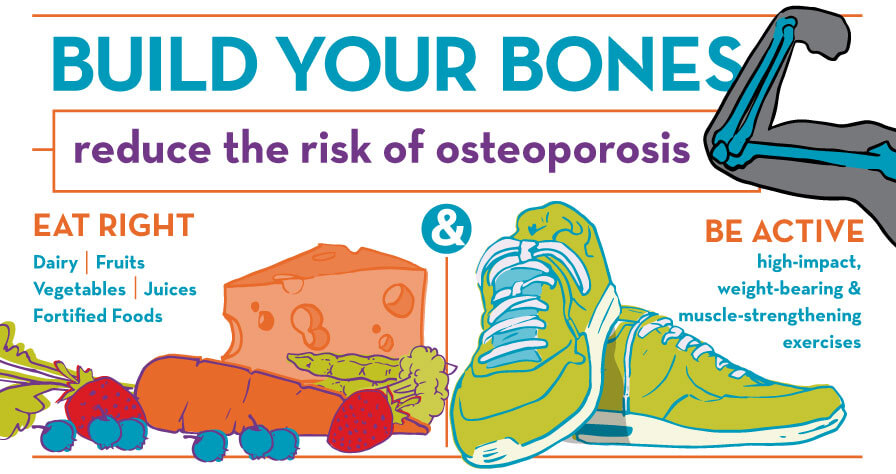The Relationship Between Obstructive Sleep Apnea and Weight

Sleep apnea is a serious sleep disorder in which breathing repeatedly stops briefly and then resumes during sleep. There are two main types of sleep apnea: obstructive sleep apnea and central sleep apnea. Obstructive sleep apnea is caused by the temporary collapse of soft tissue in the throat that blocks the airway. Central sleep apnea occurs when the brain fails to send the appropriate signals to coordinate breathing. Only obstructive sleep apnea has links to weight and weight gain.
The Relationship Between Sleep Apnea & Weight Gain
Symptoms of Sleep Apnea Include:
- Loud snoring
- Gasping for breath during sleep
- Pauses in breathing while sleeping, as reported by another person
- Difficulty staying asleep
- Waking with a headache
- Waking with a dry mouth
- Irritability
- Daytime sleepiness
- Difficulty focusing while awake
In some cases, a sleep study in which a patient’s breathing is monitored continuously through the night may be used to determine conclusively if the person has sleep apnea.
Obstructive Sleep Apnea Risk Factors and Effects
These factors increase the risk of obstructive sleep apnea:
- Obesity. Fat deposits around the upper airway can contribute to breathing difficulties.
- Narrowed airway. People who have a naturally narrow throat or enlarged tonsils or adenoids may have a harder time breathing.
- Gender. Men are up to three times more likely than women to have sleep apnea.
- Large neck circumference. People who have thicker necks often have narrow airways.
- Family history. People whose family members have sleep apnea are more likely to develop the condition.
- Menopause. Post-menopausal women have a higher risk of sleep apnea after menopause.
- Age. Sleep apnea risk increases in older adults.
- Smoking. People who smoke are up to three times more likely to develop sleep apnea due to the increased inflammation and fluid retention in their airway.
- Alcohol or sedative use. Substances that relax the muscles can contribute to sleep apnea.
Untreated sleep apnea can cause or worsen a number of medical conditions including high blood pressure, headaches, heart failure, stroke, depression, diabetes, and attention-deficit/hyperactivity disorder (ADHD).
Obstructive Sleep Apnea and Weight Gain
Sleep apnea and body weight have a somewhat circular relationship. Being obese increases a person’s risk of having sleep apnea. At the same time, people who don’t sleep well have a higher risk of becoming obese because they tend to produce higher levels of a hormone that triggers appetite and lower levels of a hormone that suppresses it. So, while weight loss and then maintaining a healthy weight is one of the ways sleep apnea is treated, the condition itself can make that goal more challenging.
Obstructive Sleep Apnea Treatment
As noted above, achieving and maintaining a healthy weight is one of the primary treatments for sleep apnea. Other treatments include:
- Lifestyle changes. Behavioral changes such as quitting smoking, avoiding alcohol and sedatives, getting more exercise and sleeping on your side rather than your back can be helpful in minimizing sleep apnea.
- CPAP. Continuous positive airway pressure (CPAP) machines help prevent sleep apnea by creating just enough pressure in the airway to keep it from collapsing.
- Oral appliances. These devices are typically used with mild sleep apnea. They are designed to bring the jaw forward, which helps to keep the airway open.
- Surgery. Surgery is generally only considered when all other treatments have been unsuccessful. A number of approaches can be used including removal of tissue, repositioning of the jaw, and implants.
If you feel you may have sleep apnea, your doctor can talk with you about testing and treatment.



